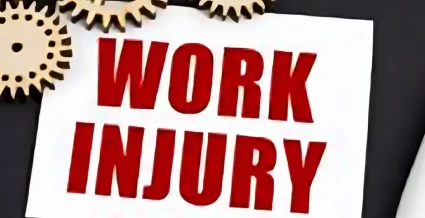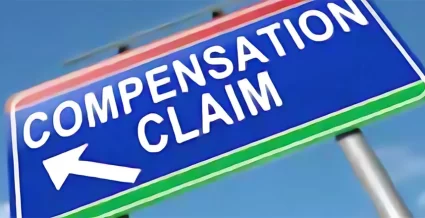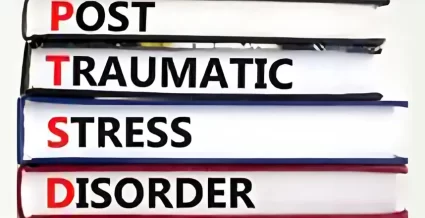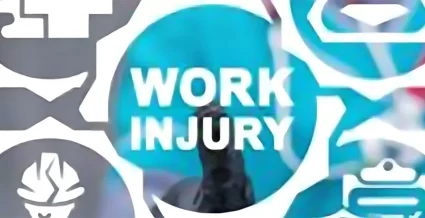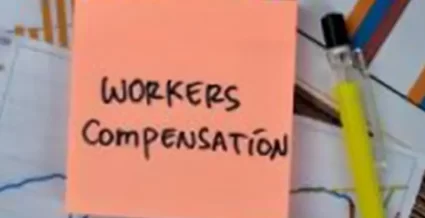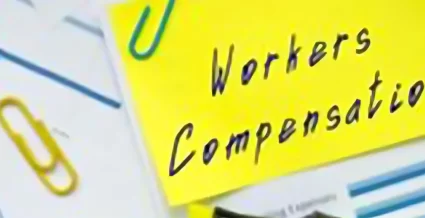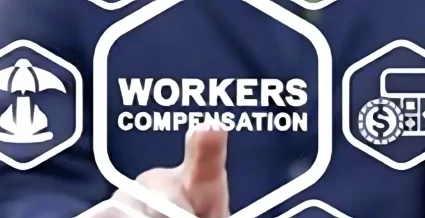Blog
First Report of Injury: Why Prompt Reporting is ...
Injuries in the workplace are unfortunate events that can have significant impacts [...]
Reflex Sympathetic Dystrophy (RSD) and Complex Regional Pain ...
Navigating the aftermath of a work-related injury can be daunting, especially when [...]
Understanding the Complex Relationship Between Social Security Disability ...
If you’ve been injured at work, understanding the interplay between Social Security [...]
Navigating Your Rights to Choose a Treating Physician ...
When you find yourself injured on the job, the road to recovery [...]
Understanding Wage Calculation for Weekly Compensation Rate After ...
Suffering from a work injury can be a challenging and stressful experience. [...]
Navigating Work from Home and Hybrid Work Environments: ...
As the world of work continues to evolve, many employees find themselves [...]
Understanding Retirement and Your Eligibility for Connecticut Workers’ ...
Retirement is a significant milestone in one’s life, representing the culmination of [...]
Navigating PTSD and Mental Health Treatments with Connecticut ...
Mental health is an essential aspect of overall well-being, yet it often [...]
Understanding Connecticut Workers’ Compensation: Permanent Disability, Necessary Care, ...
In the fourth and final installment of the four-part series, Attorney Morizio [...]
Step-by-Step Guide to Your Connecticut Workers’ Compensation Claim
A Board Certified Connecticut Workers’ Compensation Specialist In the third installment of [...]
Understanding Connecticut Workers’ Compensation Claims
In the second installment of four podcast episodes, Attorney Lawrence Morizio discusses [...]
Guide for Injured Workers: Understanding the Connecticut Workers’ ...
A Board Certified Connecticut Workers’ Comp Specialist In the first installment of [...]
Empowering Connecticut Injured Workers: Vocational Rehabilitation in Workers’ ...
Experiencing a work-related injury is a challenging and often life-altering event. Beyond [...]
Understanding Voluntary Agreements in Connecticut Workers’ Compensation
If you have been injured at work and are dealing with a [...]
Jurisdiction Issues in Connecticut Workers’ Compensation: Where Do ...
Navigating the complex world of workers’ compensation can be challenging, especially when [...]
The Importance of Maximum Medical Improvement in Connecticut ...
When it comes to workers’ compensation claims, the concept of “Maximum Medical [...]
Connecticut Work Injuries: Orthopedist vs. Physiatrist – What’s ...
Role of Orthopedists in Connecticut Work Claims If you’ve been injured at [...]
Intentional Acts by Employees and Connecticut Work Injury ...
Intentional Misconduct in Connecticut Work Injuries Sustaining an injury at work is [...]
Connecticut Permanent Partial Disability Awards: A Clear Guide
When you’re injured at work, it can be overwhelming to navigate the [...]
Motor Vehicle Accidents in Connecticut Workers’ Compensation
Every day, people in different professions hit the road to deliver goods [...]



